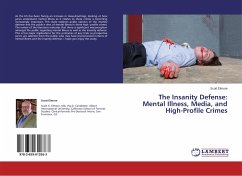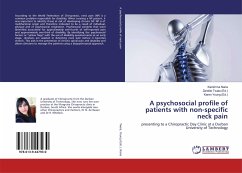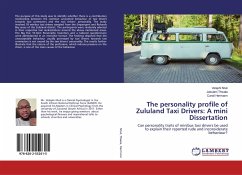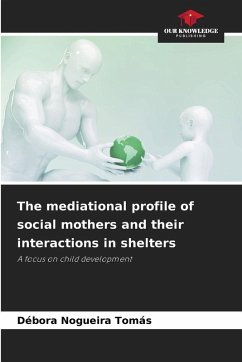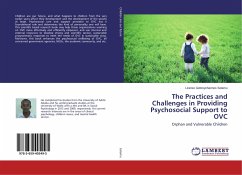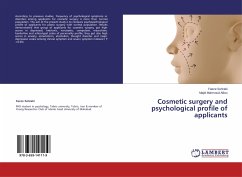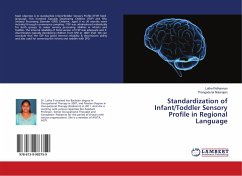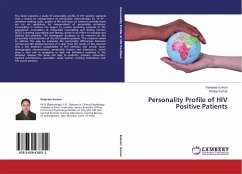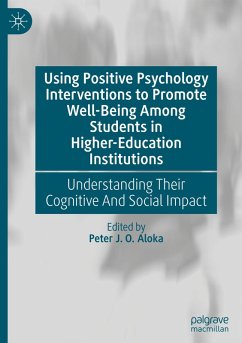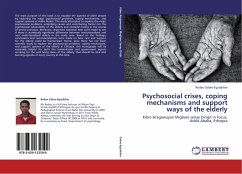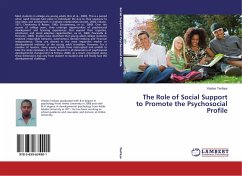
The Role of Social Support to Promote the Psychosocial Profile
Versandkostenfrei!
Versandfertig in 6-10 Tagen
33,99 €
inkl. MwSt.

PAYBACK Punkte
17 °P sammeln!
Most students in college are young adults (Eric et al., 2009). This is a period when rapid changes take place in individuals life due to their exposure to new ideas and involvement in intimate relationships (Arnett, 2004; Erikson, 1971; Checkering & Reisser, 1993; Schulenberg, et al., 2000). Over the course of college years, they undergo opportunities of psychosocial development and learning experiences that expand their cognitive, emotional, and social adaptive capacities(Tao, ea al., 2000; Pascarella & Terenzini, 2005). Studies have identified that young adult college students retained respo...
Most students in college are young adults (Eric et al., 2009). This is a period when rapid changes take place in individuals life due to their exposure to new ideas and involvement in intimate relationships (Arnett, 2004; Erikson, 1971; Checkering & Reisser, 1993; Schulenberg, et al., 2000). Over the course of college years, they undergo opportunities of psychosocial development and learning experiences that expand their cognitive, emotional, and social adaptive capacities(Tao, ea al., 2000; Pascarella & Terenzini, 2005). Studies have identified that young adult college students retained responsible behavior, autonomous decision-making and financial independence. These are viewed as the most important marker or developmental indicator of the young adult transition. However, for a number of reasons, many young adults have interrupted and unable to take the steps necessary to move forward in all dimensions of psychosocial developmental changes (Ann & Patricia, 2000). As a result, movement along these dimensions may vary from student to student and will finally face the developmental challenge.



